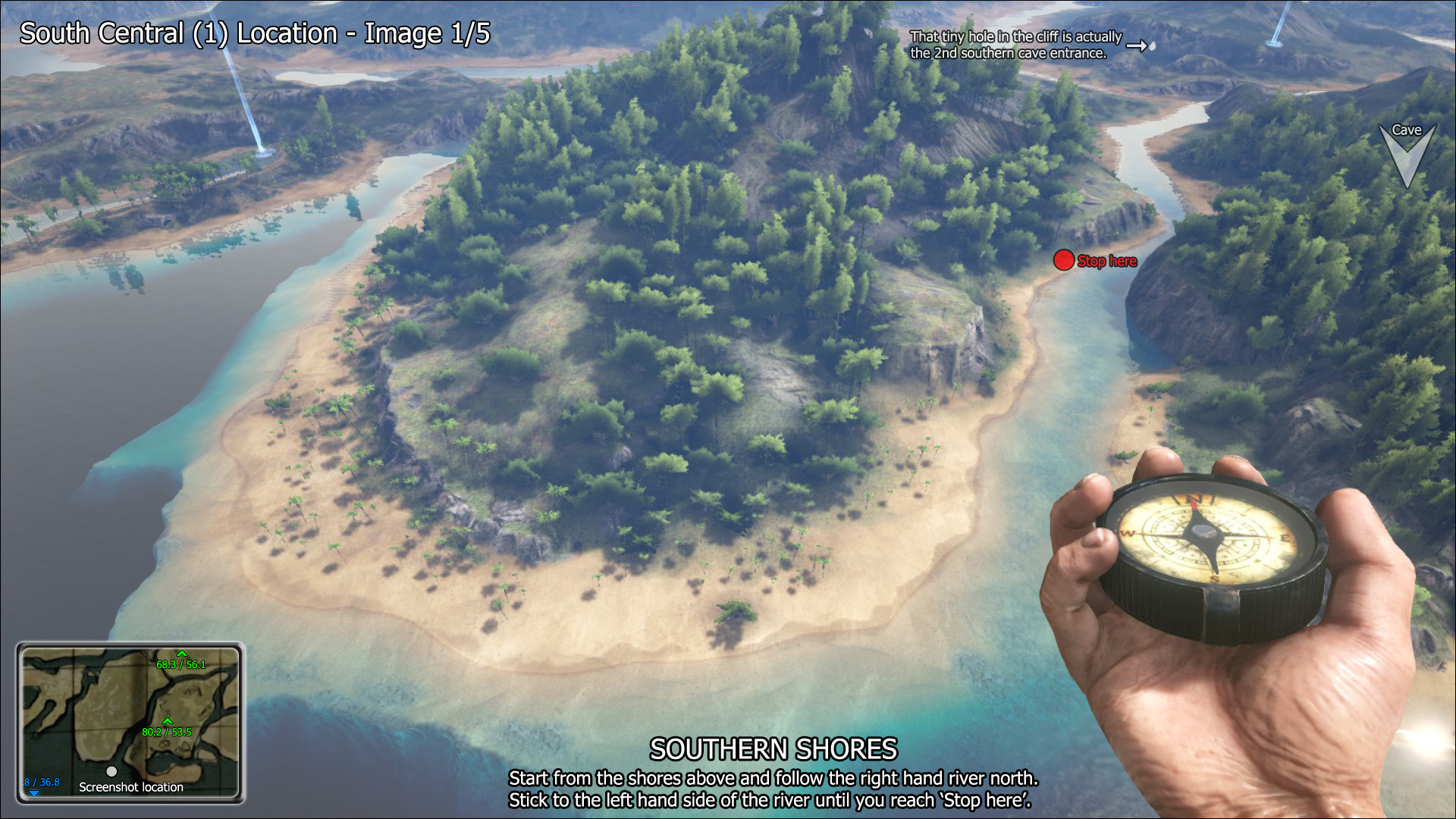


Odds are that such as rats and coyotes will fare better than humans in the environmental changes we are ignorantly creating in our insatiable greed.

species extinction is central to the question of how Homo sapiens affects its own world” and to our own threatened existence. In particular, the evolution of strange species on islands is a process that, once illuminated, casts light onto its dark double, which is the ultimate subject of this book: the extinction of species in a world that has been hacked into pieces.” evolution is best understood with reference to extinction, and vice versa. Where there are more sensible differences in scientific theory, the author is even handed. Possibly the most recognizable of these being the irreconcilability of Noah's ark with biological reality. Rightly so to my mind, befitting humankind's self-aggrandizing intellect, encompassing contradictory, absurd explanations. The book also spans how we have arrived at our current understanding, with a bit of satire. Lightening the scientific thrust of the writing, there are bits of personal reflections and travelogs. In addition, the curious reader desiring to picture unfamiliar life forms mentioned might have a wildlife field guide at hand, or use Wikipedia. mismatched socks), and there is a glossary, but there are other general terms the reader might want a dictionary close by for (e.g. The author does try to elucidate important concepts with layman examples (e.g. restricted, whether an island or mainland habitat fragment) species. Herein are the What, When, Where, and Why of evolution and extinction relative to population viability that we are developing an understanding of, as evidenced in insular (i.e. It is not a book for those simply interested in entertainment, but it is an exceptional book for those with objective, inquiring minds if read in whole. The extensive detail of the book may be daunting to some, but is very informative and sobering if one reads carefully and strives to comprehend the concepts. For me, it pulled together and connected the dots of much I've previously learned piecemeal, and added to my understanding. This is a serious, in-depth natural sciences book that (keeping in mind that ecology is a multifarious science) the predominate thrust of is ecological insularity and its consequences. How well do you understand the dynamics and consequences if insular evolution and extinction? By the book's end we are wiser, and more deeply concerned, but Quammen leaves us with a message of excitement and hope. We also meet some fascinating human characters. Through his eyes, we glimpse the nature of evolution and extinction, and in so doing come to understand the monumental diversity of our planet, and the importance of preserving its wild landscapes, animals, and plants. Why is this island idea so important? Because islands are where species most commonly go extinct - and because, as Quammen points out, we live in an age when all of Earth's landscapes are being chopped into island-like fragments by human activity. We trail after him as he travels the world, tracking the subject of island biogeography, which encompasses nothing less than the study of the origin and extinction of all species. In The Song of the Dodo, we follow Quammen's keen intellect through the ideas, theories, and experiments of prominent naturalists of the last two centuries.
Ark dodo island caves full#
It's also a book full of entertainment and wonders. David Quammen's book, The Song of the Dodo, is a brilliant, stirring work, breathtaking in its scope, far-reaching in its message - a crucial book in precarious times, which radically alters the way in which we understand the natural world and our place in that world.


 0 kommentar(er)
0 kommentar(er)
